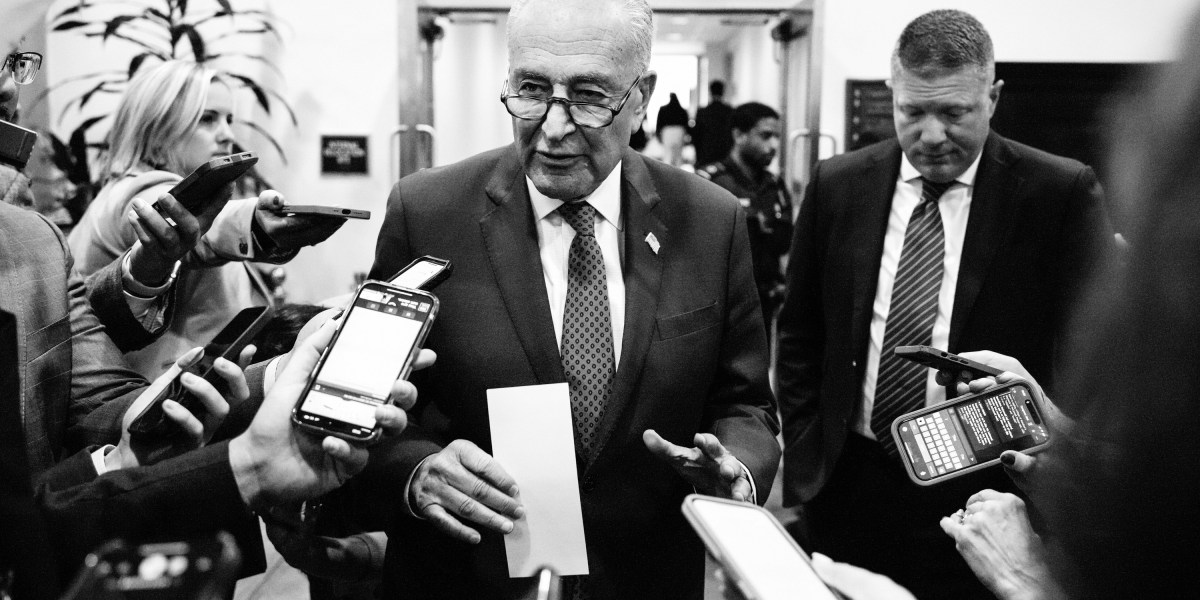What to know about Congress’s inaugural AI meeting

This newsletter will break down what exactly these forums are and aren’t, and what might come out of them. The forums will be closed to the public and press, so I chatted with people at one company—Hugging Face—that did get the invite about what they are expecting and what their priorities are heading into the discussions.
What are the forums?
Schumer first announced the forums at the end of June as part of his AI legislation initiative, called SAFE Innovation. In floor remarks on Tuesday, Schumer said he’s planning for “an open discussion about how Congress can act on AI: where to start, what questions to ask, and how to build a foundation for SAFE AI innovation.”
The SAFE framework, as a reminder, is not a legislative proposal but rather a set of priorities that Schumer laid out when it comes to AI regulation. Those priorities include promoting innovation, supporting the American tech industry, understanding the labor ramifications of AI, and mitigating security risks. Wednesday’s meeting is the first of nine planned sessions. Subsequent meetings will cover topics such as “IP issues, workforce issues, privacy, security, alignment, and many more,” Schumer said in his remarks.
Who is, and isn’t, invited?
The invite list for the first forum made a splash when it was made public two weeks ago. The list, first reported by Axios, numbers 22 people and includes lots of tech company executives who do plan on attending, such as OpenAI CEO Sam Altman, former Microsoft CEO Bill Gates, Alphabet CEO Sundar Pichai, Nvidia CEO Jensen Huang, Palantir CEO Alex Karp, X CEO Elon Musk, and Meta CEO Mark Zuckerberg.
While a couple of civil society and AI ethics researchers were included—namely, AFL-CIO president Liz Shuler and AI accountability researcher Deb Raji—observers and prominent tech policy voices were quick to criticize the list, in part for its tilt toward executives poised to profit from AI.
The inclusion of so many tech leaders could be a political signal to reassure the industry. Tech companies, for the moment, are positioned to have a lot of power and influence over AI policy.
What can we expect out of them?
We don’t really know what the outcomes of these forums will be, and considering that they are closed door, we might never really have full insight into the specifics of the conversations or their implications for Congress. They are expected to be listening sessions, where AI leaders will help to educate legislators on AI and questions about its regulation. In Schumer’s remarks from Tuesday, he said that “of course, the real legislative work will come in committees, but the AI forums will give us the nutrient agar, the facts and the challenges that we need to understand in order to reach this goal.”
The forums are considered classified, but if we do get some information about what was discussed, I’ll be listening for some potential themes for US AI regulation that I highlighted back in July: fostering the American tech industry, aligning AI with “democratic values,” and dealing with (or ignoring) existing questions about Section 230 and online speech.


